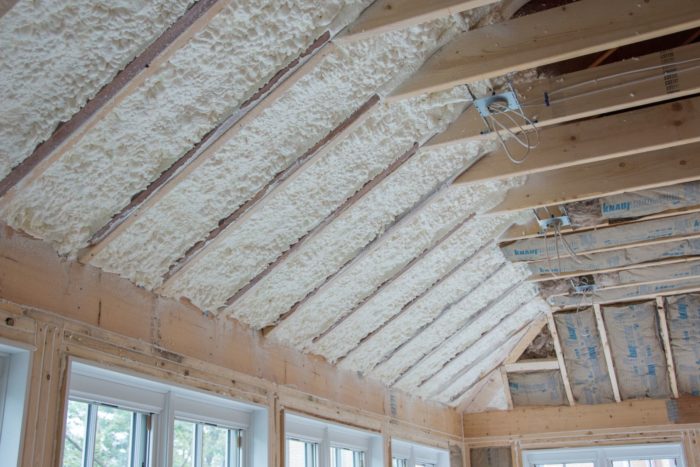Roof insulation is a crucial component of any building's structure, providing numerous benefits beyond its primary function of temperature regulation. In this comprehensive blog post, we will delve into the purpose of roof insulation, exploring its multifaceted advantages and shedding light on its lesser-known benefits.
- Thermal Regulation:
The primary purpose of roof insulation is to regulate the temperature within a building. By preventing heat transfer between the interior and exterior environments, insulation helps maintain a comfortable indoor temperature throughout the year. This not only enhances occupant comfort but also reduces the reliance on heating and cooling systems, leading to energy savings and lower utility bills. - Energy Efficiency:
Roof insulation plays a pivotal role in improving a building's energy efficiency. By minimizing heat loss during winter and heat gain during summer, insulation reduces the need for excessive heating or cooling, thereby reducing energy consumption. This not only benefits the environment by lowering greenhouse gas emissions but also contributes to long-term cost savings for building owners. - Condensation Control:
Another crucial purpose of roof insulation is to prevent condensation within the building envelope. Insulation acts as a barrier, reducing the likelihood of moisture buildup on the interior surface of the roof. By controlling condensation, insulation helps prevent the growth of mold and mildew, which can have detrimental effects on indoor air quality and occupant health. - Soundproofing:
Roof insulation also serves as an effective soundproofing measure. It helps absorb and dampen external noise, such as traffic or construction sounds, ensuring a quieter and more peaceful indoor environment. This is particularly beneficial for buildings located in busy urban areas or near transportation hubs. - Structural Protection:
Roof insulation provides an additional layer of protection to the building structure. By reducing temperature fluctuations, insulation helps minimize the expansion and contraction of building materials, which can lead to cracks and structural damage over time. Additionally, insulation acts as a barrier against external elements, such as wind-driven rain or snow, further safeguarding the roof and extending its lifespan.
Conclusion:
Roof insulation serves a multitude of purposes beyond its primary function of temperature regulation. From energy efficiency and condensation control to soundproofing and structural protection, the benefits of roof insulation are far-reaching. By investing in high-quality insulation materials and proper installation, building owners can unlock these hidden advantages, creating a comfortable, energy-efficient, and durable indoor environment.
